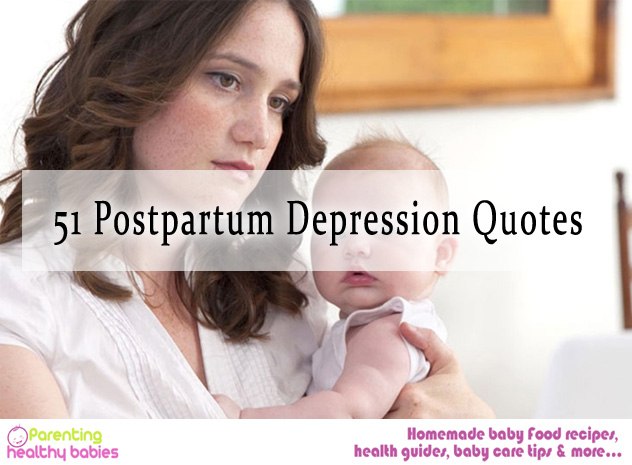Contraception means prevention of pregnancy. There are a number of different methods and it is important to choose one that best meets your needs and circumstances.
A consideration when choosing contraception should include accurate information about:
- Effectiveness in preventing pregnancy
- Health issues which may limit some choices
- Ease of use
- Side effects including changes to usual periods
- Benefits other than contraception
- Cost and availability
- Reversibility
- Protection against sexually transmitted diseases
There are different methods of contraception. Some of them are:
Condoms(female/male), contraceptive implant, pills, diaphragms, intrauterine devices(IUDs)etc.
The most effective reversible methods are “fit and forget” long-acting reversible contraceptives(LARCs)- Intrauterine devices and contraceptive implants.
Implants:
- Are suitable for women of any age
- Can be used by most women, even if they have significant health issues
- Can be removed easily at any time by a trained health professional and are immediately reversible on removal.
- Involve an insertion and removal procedure by doctor or nurse
- Provide no protection against Sexually Transmitted Diseases.
Birth Control Implants: Side Effects and Risks
There are pros and cons of each and everything, same implies to implants. There are many side effects of implants, 11 of them are mentioned here:
Nausea
It is the most common medication side effect that patient reports, as implants are prescribed medication, they cause nausea too. Nausea can range from slight annoyance to debilitating condition causing disruption to patient’s daily life. A loss of appetite can occur which can lead to poor nutrition.
Breast tenderness
it is not a disease. Rather , breast pain is often a symptom or sign of deeper underlying issue in your body. It can range from mild discomfort to severe pain that prevents activity.
Weight gain
The birth control implants release hormones that prevent the body from ovulating. Some women report weight gain when using this birth control method. In most users, however, the gain is only a few pounds and can be offset by simple lifestyle changes.
Irregular Menstrual bleeding
irregular menstrual bleeding is a very common side effect for those using the contraceptive implant. This irregular bleeding can take on a variety of forms: irregular spotting, prolonged bleeding, or amenorrhea (which means periods stop altogether).
Depression
Depression is a common and serious medical illness that negatively affects how you feel, the way you think and how you act. It causes feelings of sadness and/or a loss of interest in activities once enjoyed. It can lead to a variety of emotional and physical problems and can decrease a person’s ability to function at work and at home. All forms of hormonal contraception are associated with an increased risk of developing depression, with higher risks associated with the progesterone-only forms.
Fatigue
Fatigue can be described as the lack of energy and motivation (both physical and mental). This is different than drowsiness, a term that describes the need to sleep.
Acne
Acne is a chronic, inflammatory skin condition that causes spots and pimples, especially on the face, shoulders, back, neck, chest, and upper arms. But even though skin changes are a known side effect of hormonal contraception of any kind, it’s not understood why some women develop clearer skin and others, end up plagued with pimples.
Mood Swings
A mood swing is an extreme or rapid change in mood. It can occur because of hormonal changes.
Infection
At the site of insertion, there may occur some skin infection at the point of insertion.
Headache
Headache is the symptom of pain anywhere in the region of the head or neck. Implants can cause hormonal imbalance leading to a headache.
Blood clots
may increase your chance of serious blood clots, especially if you have other risk factors such as smoking. It is possible to die from a problem caused by a blood clot, such as a heart attack or a stroke.
Some examples of serious blood clots are blood clots in the:
- Legs
- Lungs
- Brain
- Heart
- Eyes
The risk of serious blood clots is increased in women who smoke. If you smoke and want to use implants, you should quit. Your health care provider may be able to help. Tell your health care provider at least 4 weeks before if you are going to have surgery or will need to be on bed rest. You have an increased chance of getting blood clots during surgery or bed rest.
These were the 11 negative side effects of implants. Individuals should ask their health care provider if the birth control implant is appropriate for them, Once the implant has been put in place , the patient should pay close attention to their health in order to detect any concerning symptoms as early as possible. If one experiences any of the symptoms listed above, they should contact their health care provider immediately.













